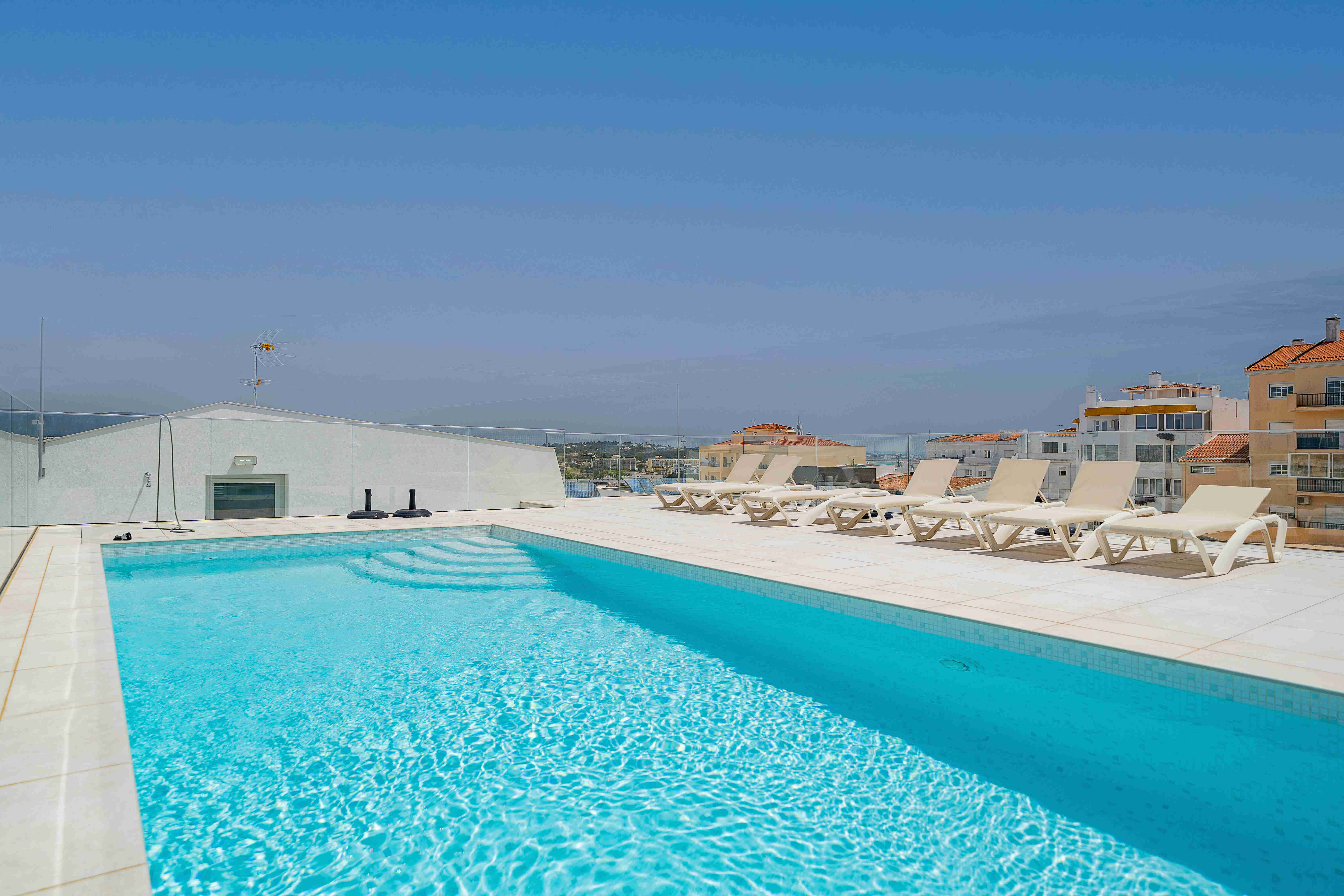Renting vs Buying - What to Know Before Choosing Holiday Homes in Algarve
Deciding between renting and buying a home abroad is a significant financial choice and in today's ever changing real estate market, the right decision depends on multiple factors. Interest rates, property prices, lifestyle preferences and long-term financial goals all play a role in determining the best path forward. With property prices steadily rising, buying a home could be seen as a long-term investment opportunity. But is it the best choice for you? This week’s blog breaks down the pros and cons of each option for holiday homes in the Algarve.
The Case for Buying a Holiday Home
1. Long-Term Gain
Owning a home is often seen as a solid investment. As property values appreciate, homeowners can benefit from capital gains, making homeownership a potential wealth-building strategy. In addition, when not in use, it can be utilised as a source of income when rented out to travellers.
2. Stability and Personalisation
Buying a holiday home may provide additional stability, especially for those who like to get used to a specific area for the long term and tend to travel with little notice. Homeowners also have the freedom to renovate, personalise and modify their space without restrictions.
3. Protection Against Rising Rent Prices
Rent rates fluctuate based on market conditions. With rents increasing at a faster rate than property prices, homeownership could offer more financial predictability in the long run.
4. Potential Tax Benefits
Depending on the country and local regulations, homeowners may qualify for tax deductions on mortgage interest, property taxes, or other homeowner-related expenses, making buying a home more financially attractive.
The Case for Renting a Holiday Home
1. Greater Flexibility
Renting allows for easier relocation, making it ideal for those who move frequently for work, travel, or lifestyle reasons. Without being tied to a mortgage, renters can adapt to changing circumstances with less financial commitment.
2. Lower Upfront Costs
Buying a home requires a significant upfront investment, including a down payment, closing costs and potential renovation expenses. Renting, on the other hand, typically only requires a security deposit and the first month’s rent, or for shorter rents, only usually require a security deposit.
3. No Maintenance Responsibilities
Homeownership comes with ongoing maintenance costs and unexpected repairs. Renters, however, are not responsible for property upkeep, which can save both time and money in the long run.
4. Investing in Other Opportunities
By renting instead of buying, individuals may have more financial flexibility to invest in stocks, businesses, or other ventures that could yield higher returns than real estate appreciation.
Key Factors to Consider
Before making a decision, it’s essential to evaluate:
- Market Conditions – Are home prices and mortgage rates favourable for buying, or is renting more cost-effective in your area? With property prices in Lagos seeing a modest increase and rental prices rising significantly, some buyers may find purchasing a more stable option.
- Financial Readiness – Can you afford a down payment, mortgage payments and property taxes without overextending your budget?
- Lifestyle Goals – Are you planning to stay in the same location for several years, or do you prefer the flexibility to stay in other areas?
- Investment Strategy – Would you rather build equity through homeownership, or do you see better returns through alternative investments?
Don’t Forget About Alojamento Local (AL) Rules
If you’re considering renting out your holiday home in the Algarve, it’s essential to understand the local Alojamento Local (AL) licensing system. This registration is mandatory for short-term rentals and comes with specific regulations depending on the property's location and type. Some municipalities have introduced restrictions or suspended new AL licenses in certain areas, particularly in high-demand tourist zones. Before buying with the intent to rent, make sure to check the latest AL guidelines to avoid unexpected limitations.
Summary
Ultimately, the decision to rent or buy a home depends on personal circumstances and financial goals. If you value stability, long-term investment and customisation, buying a home may be the better choice.
On the other hand, if flexibility is a big appeal to you, renting might be the smarter option. Consulting a real estate expert and financial advisor can help you assess the best option based on your specific needs. If you decide to rent or buy, making an informed choice will set you on the right path toward financial security and a comfortable living situation.









